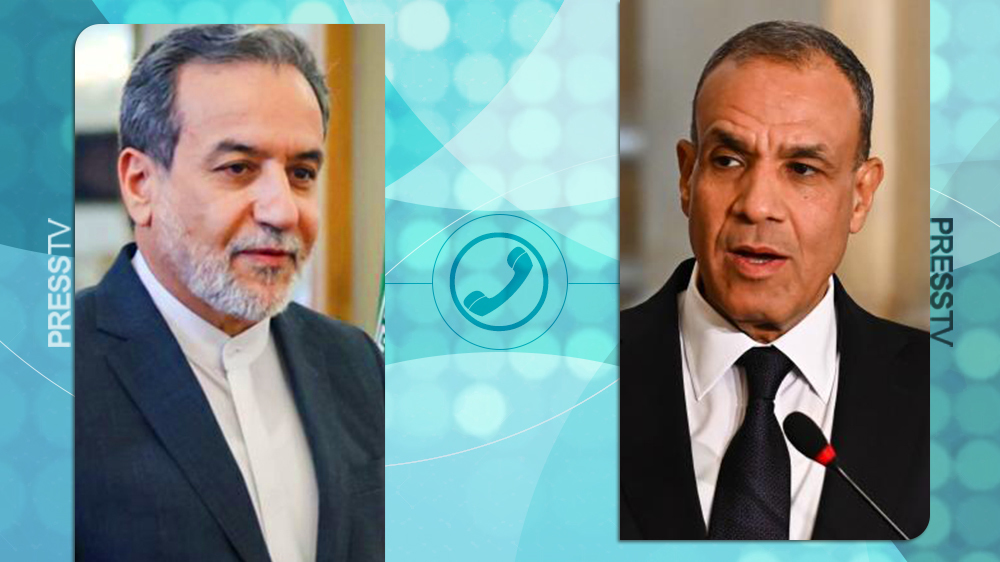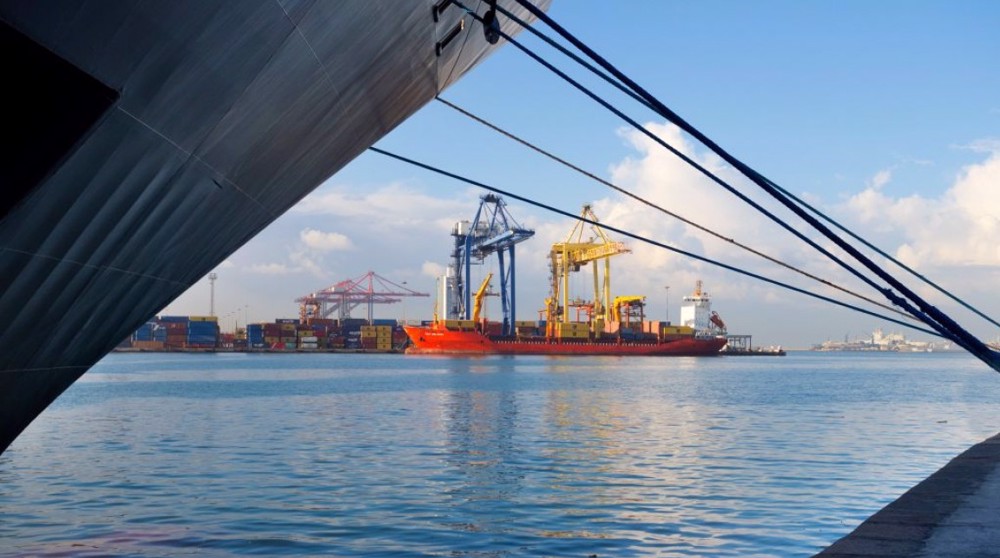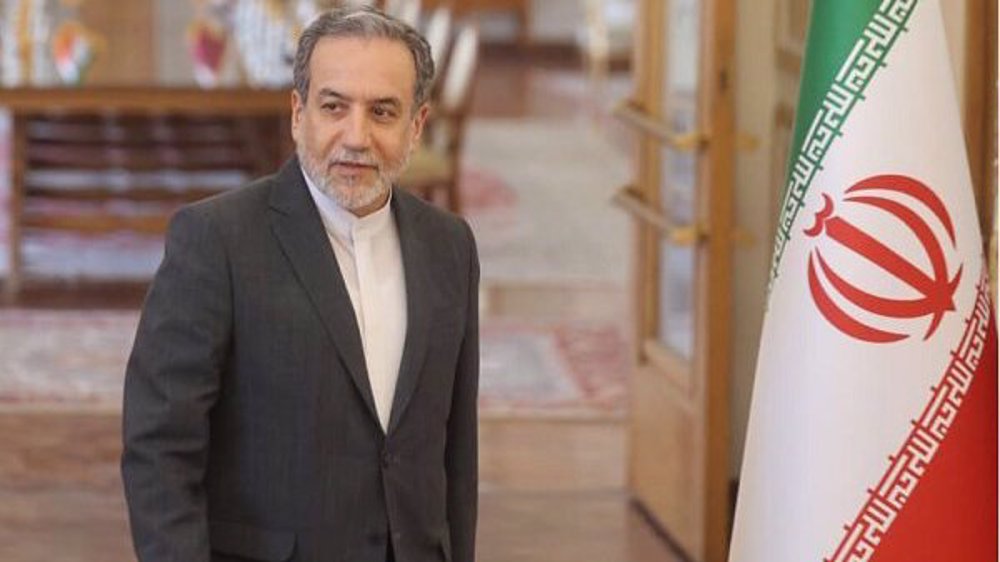Egypt arrests 4 journalists for spreading 'false news'
Police in Egypt have arrested four journalists reporting and conducting interviews on the street, amid the government’s crackdown on dissent.
Security officials reported the news on Saturday, saying that Hamdy Mokhtar, Mohammed Hassan, and Osama al-Bishbishi, who were arrested on September 26, face charges of publishing false news.
The three were reportedly conducting street interviews in downtown Cairo about a request by President Abdel Fattah el-Sisi for small donations of spare change to fund development programs, an unconventional scheme which has stirred public ire in Egypt.
Police also arrested a fourth individual, identified as Noura Nasser, on September 27, during protests by a group of postgraduates outside the cabinet's office. Nasser, who reports for an opposition news website, was also conducting interviews with protesters who demanded jobs. Reports say she also faces charges of publishing false news.
Nasser has been released pending trial but Mokhtar, Bishbishi and Hassan, who also face heavier charges of working for the Muslim Brotherhood, remain under custody. Thousands have been jailed in Egypt on suspicion of belonging to the Brotherhood since 2013, when former President Mohammed Morsi, a key figure of the now banned political group, was ousted from power in a military coup led by Sisi.
The Committee to Protect Journalists (CPJ), an international organization based in the United States, has issued a statement, calling on the Sisi administration to drop charges against the four journalists. The CPJ says putting reporters behind bars will not improve security in Egypt.
“The delusion that jailing journalists on charges of reporting 'false news' for interviewing people on the street or photographing a protest will change reality is a false hope,” Joel Simon, the CPJ executive director, said Saturday, adding that Egypt had arrested a total of 23 journalists last year, making the country the second-worst jailer of journalists after China.
Egypt’s government has taken a hard line with journalists working in the public. Reports say they can only film or interview people in government-sanctioned events. Reporters working for pro-government media outlets face less restriction.
Leader: All captains of criminal, Zionist, terrorist gang must be prosecuted
Iran further raises its oil prices for Chinese buyers: Report
Iran to launch major pressure-boosting projects in South Pars
VIDEO | Escalation amid ceasefire talks
EU's Borrell says ICC arrest warrants for Israeli leaders binding
VIDEO | Press TV's News Headlines
VIDEO | Massacre in Pakistan’s Parachinar sparks outrage
Iran decries US intervention in Venezuela’s internal affairs











 This makes it easy to access the Press TV website
This makes it easy to access the Press TV website